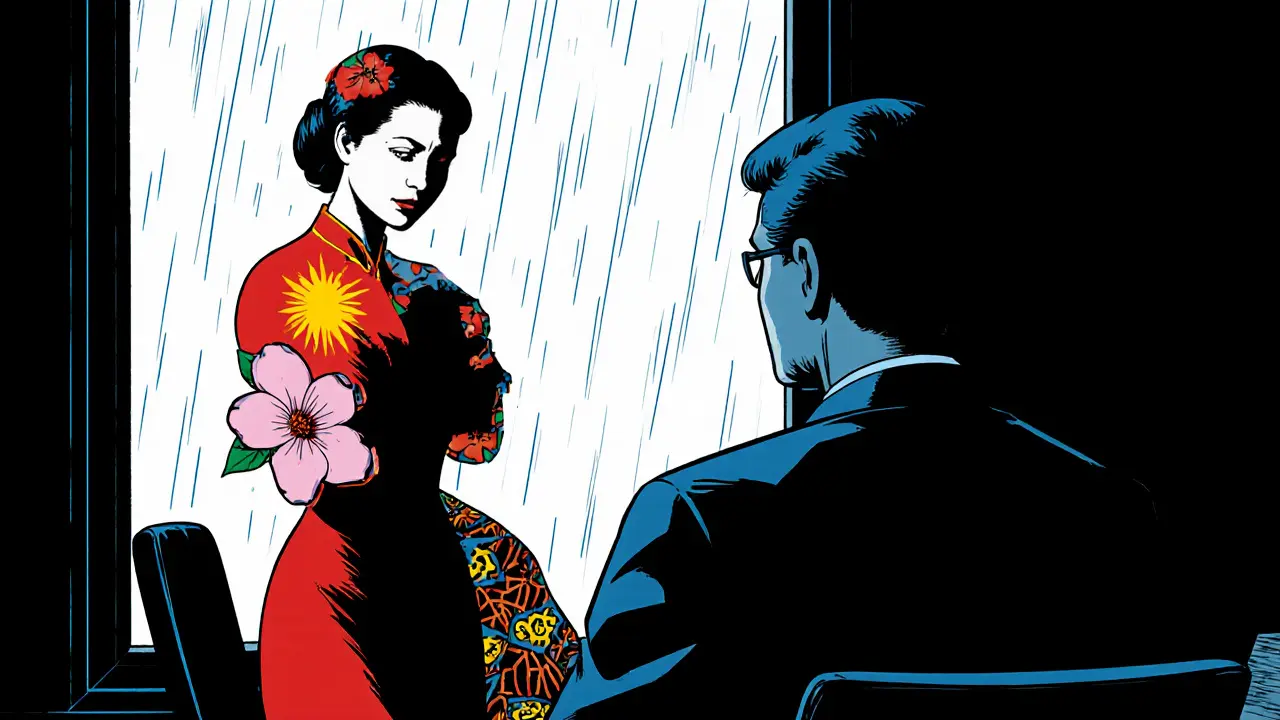Kulturní citlivost terapeut: Co to znamená a proč je důležitá v psychoterapii
When a therapist understands your background not as a footnote, but as the foundation of your story, that’s when healing begins. Kulturní citlivost terapeut, schopnost terapeuta rozpoznat, respektovat a integrovat kulturní kontext klienta do terapeutického procesu. Also known as kulturní kompetence, it means recognizing that your values, communication style, and even your pain are shaped by where you come from — your family, religion, language, migration history, or social identity. This isn’t about checking boxes. It’s about seeing the person, not just the diagnosis.
Imagine telling your therapist about your anxiety, and they assume your struggle is about "lack of confidence" — while your real fear is being judged for speaking with an accent, or for refusing to eat pork because of your faith. Without kulturní citlivost, even the best techniques can miss the mark. That’s why trauma-informed přístup and kulturní citlivost go hand in hand. Trauma doesn’t exist in a vacuum. It’s tied to systemic oppression, cultural silence, or forced assimilation. A therapist who doesn’t see that risks retraumatizing you — even with the kindest intentions.
It’s not about knowing every culture’s rituals. It’s about asking: "How does your world shape how you feel?" It’s about noticing when someone hesitates to make eye contact, not because they’re hiding something, but because in their family, looking directly at authority figures was dangerous. It’s about understanding that in some cultures, talking about emotions is seen as weakness — and that makes therapy feel like betrayal, not healing.
Some therapists think they’re "colorblind" — but that’s not neutrality. It’s erasure. When you’re from a minority group, being misunderstood isn’t just frustrating — it’s exhausting. You start wondering: "Do they even see me?" That’s why many people leave therapy after one session. Not because it doesn’t work — but because the therapist didn’t see the world they live in.
What you’ll find in these articles is real talk about what happens when culture matters. From how migration affects depression, to why some people avoid therapy because of stigma in their community, to how gender roles shape communication in couples therapy — these aren’t abstract ideas. They’re daily realities. And they’re exactly what makes therapy either work… or fall apart.
Jak najít terapeuta s kulturní citlivostí, který respektuje vaše hodnoty
Jak najít terapeuta, který respektuje vaše kulturní hodnoty? Zjistěte, co znamená kulturní citlivost v praxi, kde hledat ověřené odborníky a jak se vyhnout falešným deklaracím. Výsledky průzkumů a reálné příběhy.
